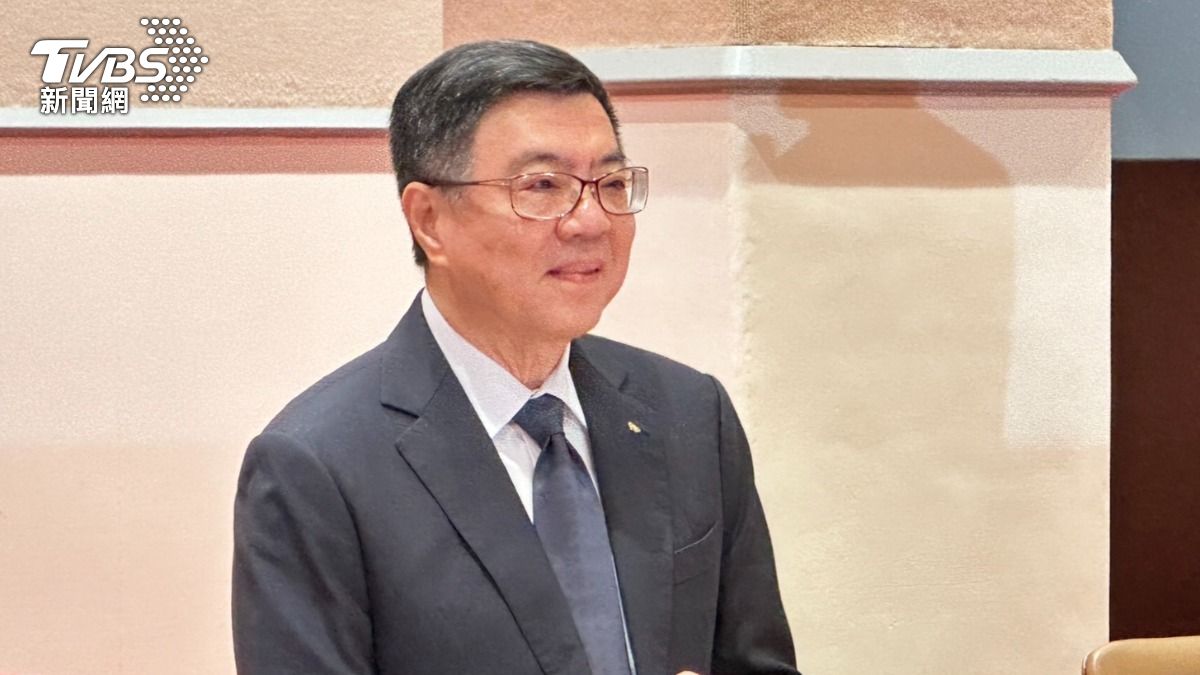TAIPEI (TVBS News) — Premier Cho Jung-tai (卓榮泰) discussed Taiwan's energy policy during a media tea session at the Executive Yuan on Wednesday (July 17). Cho emphasized the need to differentiate between traditional and new nuclear energy, stating that conventional nuclear power offers no solutions. Still, advancements in new nuclear technology could bring significant breakthroughs by 2030.
Cho stressed the government's responsibility to provide a safe and stable power supply, ensuring sufficient electricity for residential and industrial use. He also highlighted Taiwan's critical role in the global industrial supply chain and warned against doubts about Taiwan's energy policy.
Marking nearly two months since the new Cabinet took office, Cho, along with Vice Premier Cheng Li-chun (鄭麗君), Secretary-General Kung Ming-hsin (龔明鑫), Spokesperson Chen Shih-kai (陳世凱), and Deputy Spokesperson Julia Hsieh (謝子涵), engaged with the media and answered questions.
Cho noted that new nuclear technology is progressing, with many experts predicting a pivotal point around 2030. He acknowledged the need for effort to determine whether Taiwan can appropriately adopt these advancements. Besides building new power plants, the government aims to enhance energy conservation, leverage technology for energy storage, and actively seek new energy sources.
The premier also mentioned interest in hydrogen, geothermal energy, and wind and solar power. He revealed that the Taiwan Power Company has allocated more than NT$560 billion over 10 years to maintain grid resilience. However, Cho has requested a compressed timeline to reduce blackout frequencies sooner.
As Taiwan navigates its energy future, the government's proactive stance on exploring and implementing diverse energy solutions will be crucial. The focus on new technologies and sustainable practices aims to secure Taiwan's energy independence and reliability on the global stage.











